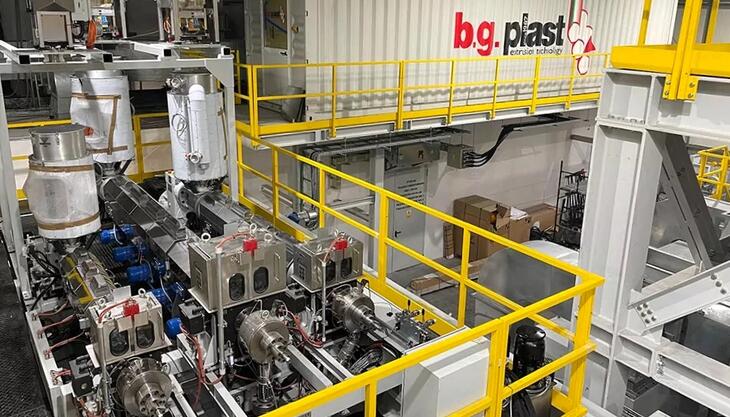Mining information from data

As the degree of digitalisation increases in injection moulding processes, so does the volume of data. The data contains a great deal of information, but this is often not recognisable at first glance. With the new performance.boost analytics service, Engel helps its customers to mine information from the available data in order to use the information for process and production optimisation as well as troubleshooting.
What does the data say about process stability? What are the causes of process variations and quality issues? And what data is relevant at the end of the day? - Data scientists are trained to answer these questions. However, in-house data experts may not always be available. Following the inclusion of the new "analytics" package in its performance.boost process optimisation service, Engel now offers this expertise as a service.
"We have specifically built up personnel resources for the new offering. Our data scientists have years of injection moulding experience on top of well-founded data analytics training. They understand the injection moulding machine and the processing technologies, and that is precisely the major advantage of performance.boost analytics over other service offerings on the market", Johannes Kilian, Head of Process Technologies and inject 4.0 at Engel's headquarters in Schwertberg, Austria, reports.
Engel's data scientists systematically analyse the available data for each specific application, visually process the results and develop concrete recommendations for action. For example, to increase production efficiency or reduce the reject rate. If rejects are identified too late and the root cause of the rejects is not found, data collected over a longer period of time is analysed. This is where data scientists are deployed in addition to processing engineers. Depending on the application and customer requirements, production and process data as well as data from quality assurance provide the raw data. The analysis allows insights into the root causes of rejects, reveals gradual quality changes and enables long-term trend statements. In doing so, the "analytics" service package goes one step further than the previously available performance.boost packages.



















